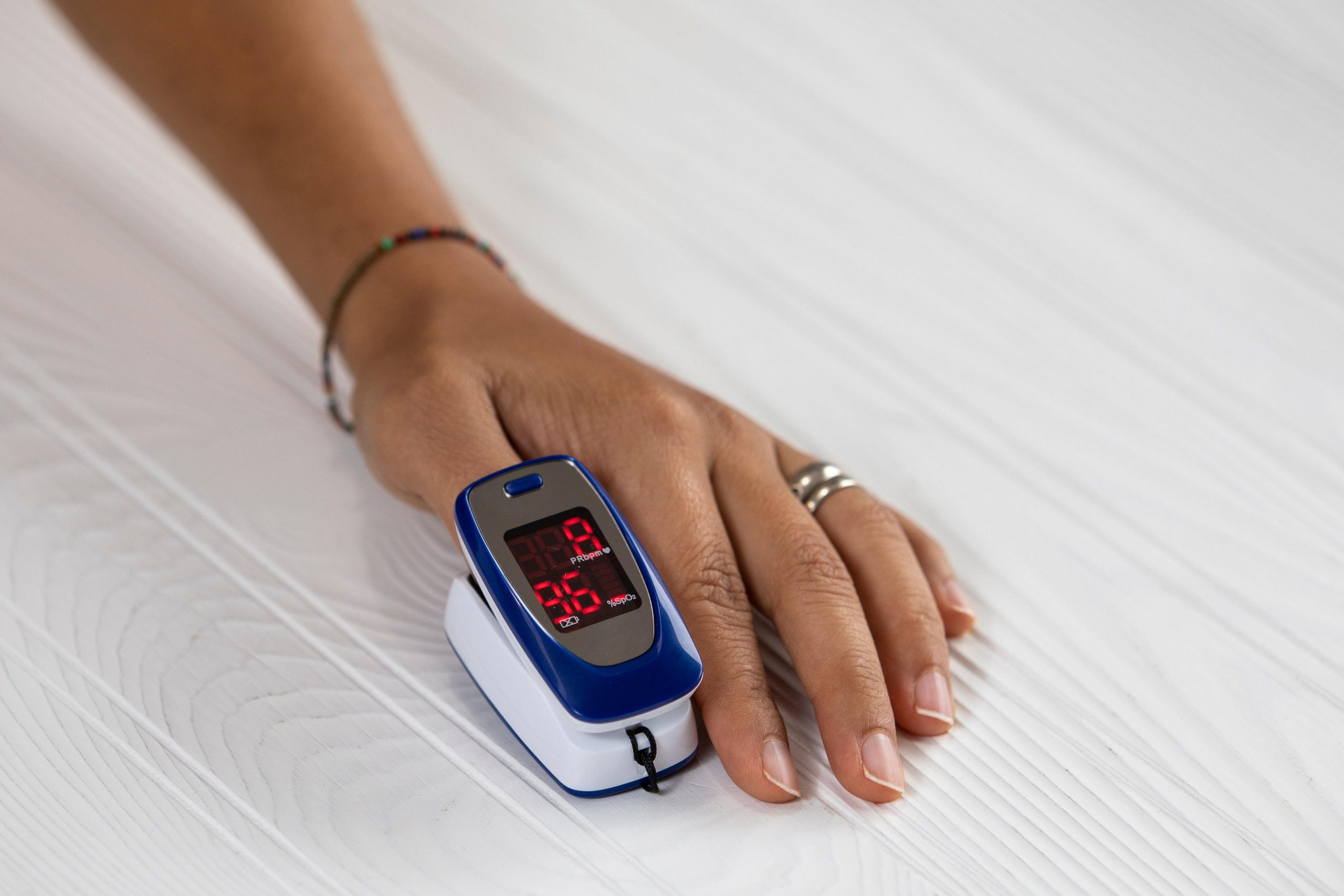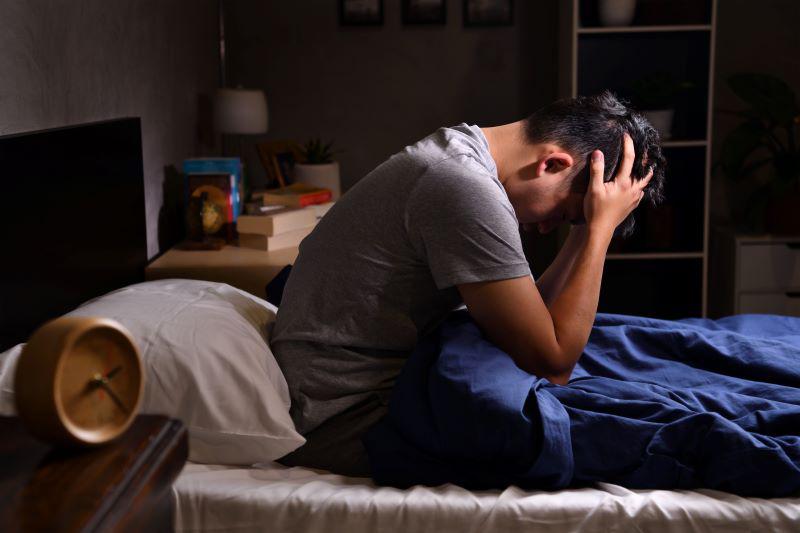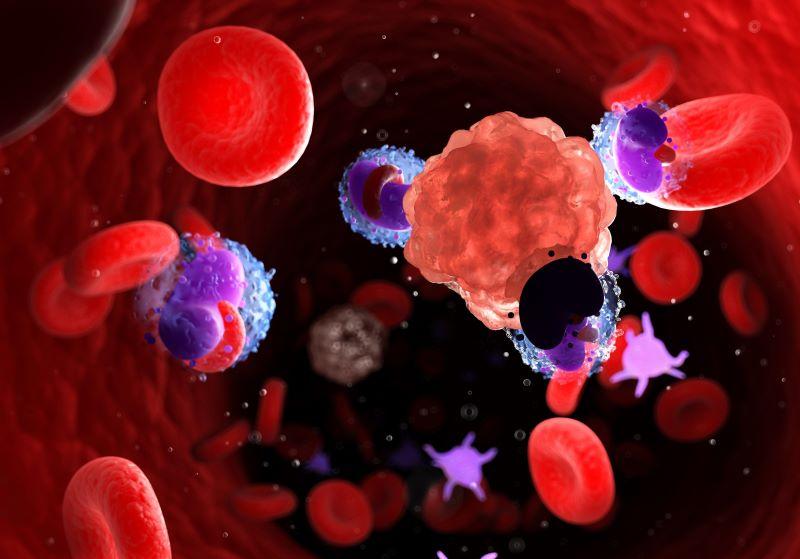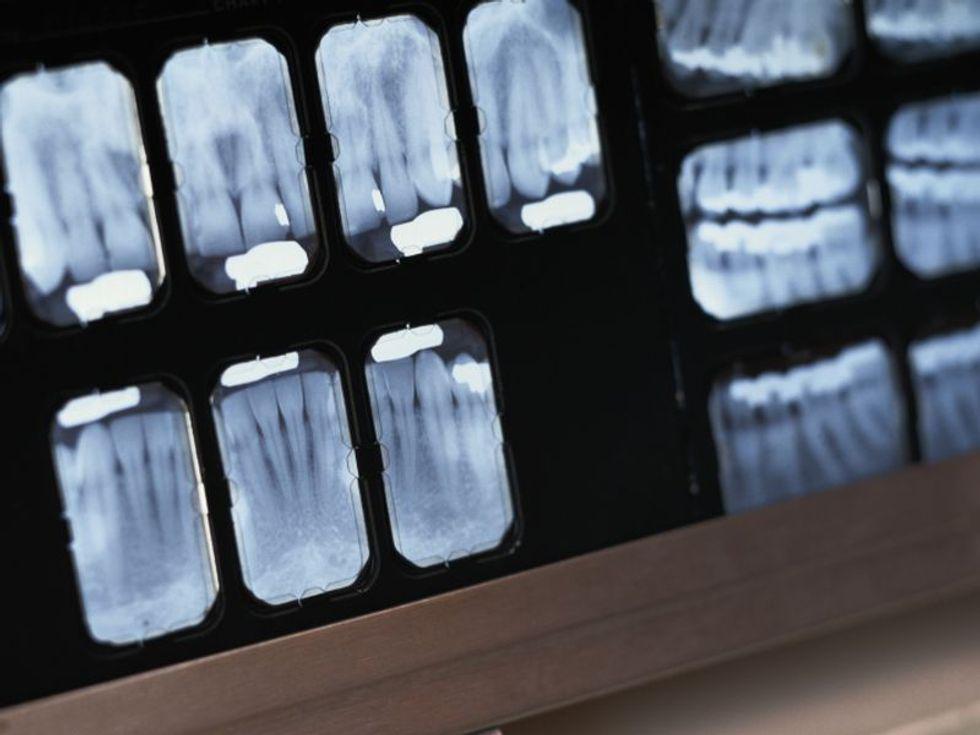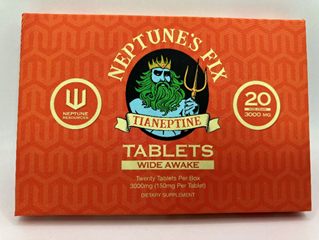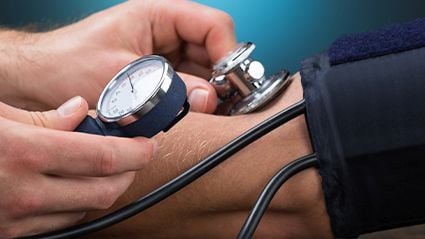
The weight-loss drug Zepbound provides more health benefits than dropping pounds and controlling diabetes, a new study shows. It also appears to help people with obesity manage their high blood pressure, results show. Patients taking Zepbound (tirzepatide) experienced a significant reduction in their systolic blood pressure, the top number in a blood pressure reading, according… read on > read on >










